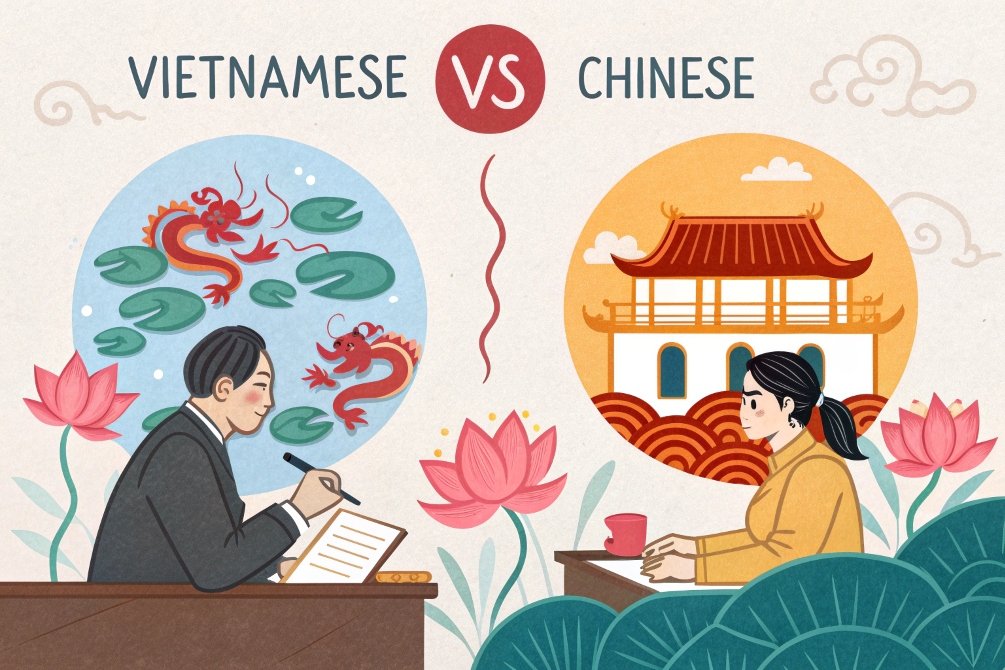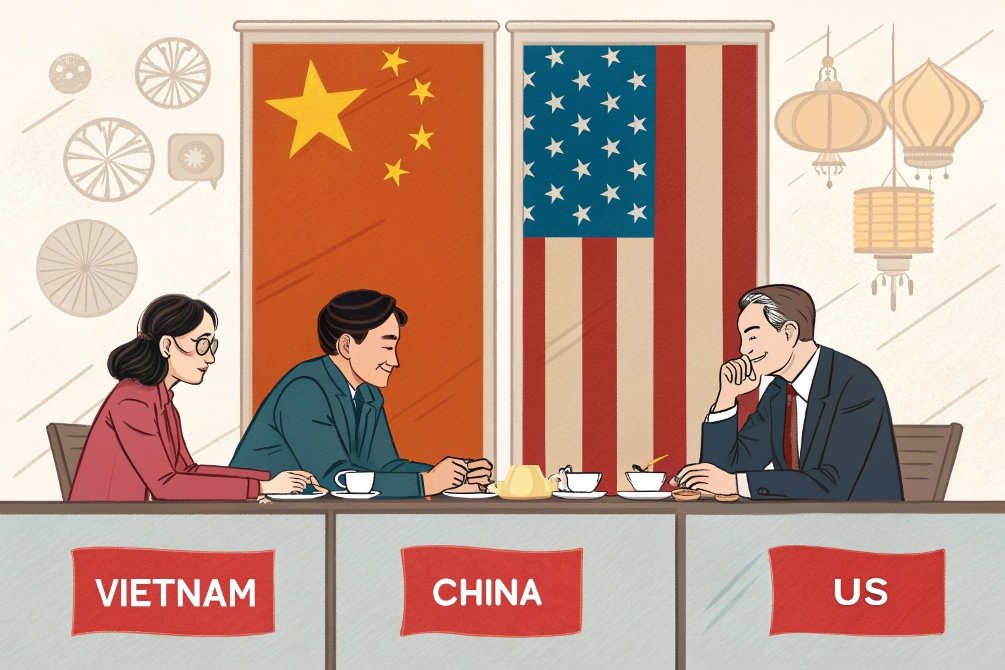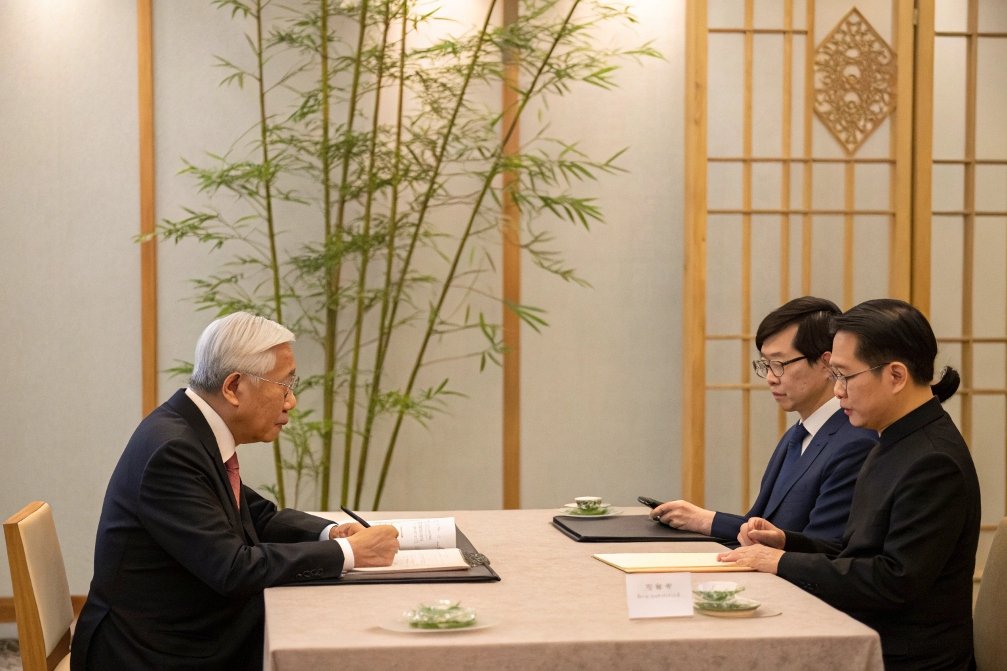
When working in international markets, I’ve found that understanding the business culture and negotiation style of each country is essential to success. Vietnam’s approach to business can be quite different from both China and the US. From how decisions are made to the way negotiations unfold, Vietnam’s business culture has its own unique traits.
Vietnam’s business culture is shaped by a combination of Confucian values, its historical influences, and its economic development. This makes it quite different from China and the US, which have their own distinct business practices.
Let’s dive into the key aspects of Vietnam’s business culture and how it compares to that of China and the US, focusing on negotiation styles and other cultural factors that influence business deals.
What Are the Key Aspects of Vietnam’s Business Culture?
Vietnam’s business culture is heavily influenced by Confucianism, which emphasizes respect, hierarchy, and harmony in relationships. This cultural backdrop means that business dealings in Vietnam often revolve around building trust, showing respect for authority, and avoiding confrontation.
In Vietnam, the importance of relationships and trust is paramount. While decisions may be slow at first, once trust is established, the process becomes smoother.

Key Aspects of Vietnam’s Business Culture
| Aspect | Description |
|---|---|
| Hierarchy and Respect | Respect for seniority is critical. Decisions are often made by top leaders, and showing respect for authority is vital. |
| Building Relationships1 | Establishing trust and long-term relationships is essential. The focus is on personal connections rather than just business transactions. |
| Indirect Communication2 | Direct confrontation is avoided, and people often communicate indirectly. Understanding subtle cues is important in order to navigate conversations. |
| Patience and Long-Term Focus | Business decisions may take time, as Vietnamese companies value long-term growth over quick wins. Patience is often required during negotiations. |
Vietnamese business culture emphasizes respect, indirect communication, and patience. By understanding and respecting these values, foreign businesses can build stronger, more effective partnerships in Vietnam.
How Do Negotiation Styles in Vietnam Compare to the US and China?
Negotiation styles in Vietnam differ notably from those in China and the US. While the US tends to value directness and efficiency, and China emphasizes building relationships with a strong focus on formal hierarchies, Vietnam’s approach is more nuanced and patient.
Negotiations in Vietnam tend to be slower, with an emphasis on building rapport and trust. Direct confrontations or aggressive bargaining tactics are usually avoided in favor of a more harmonious process.

Comparing Negotiation Styles
| Country | Key Negotiation Characteristics |
|---|---|
| Vietnam | Emphasizes long-term relationships, indirect communication, and patience. Negotiations may take time as trust is built first. |
| China | Relationships are crucial, but negotiations can be more direct and intense. Respect for authority and hierarchy is key. |
| US | Fast-paced, with a focus on efficiency and clear, direct communication. Less emphasis on relationships compared to Vietnam and China. |
In Vietnam, business deals often rely on personal relationships and respect. The process may take longer, but once trust is established, agreements are often stable and long-lasting. In contrast, China’s negotiation style can be more direct, and the US focuses more on speed and clarity.
What Cultural Factors Affect Business Deals in Vietnam?
Vietnamese culture plays a significant role in shaping how business deals are made. Understanding cultural factors such as respect for hierarchy, patience, and the importance of personal relationships can greatly impact the outcome of a deal.
One of the key factors in Vietnamese business deals is the importance of “face,” or maintaining dignity and respect during negotiations. Being aware of this concept can help you avoid situations where relationships are damaged or trust is broken.

Key Cultural Factors Affecting Business Deals
| Factor | Impact on Business Deals |
|---|---|
| Respect for Hierarchy | Senior leaders often make the final decision. Showing respect for authority is crucial in negotiations and business meetings. |
| Building Trust | Vietnamese businesses value long-term relationships. Trust must be established before formal deals can be finalized. |
| Indirection and Diplomacy | Direct confrontation is rare. Avoiding aggressive negotiation tactics is important for maintaining harmony and trust. |
| Face and Reputation | Protecting one’s reputation or “face” is vital in Vietnam. Disrespect or loss of face can damage relationships and hinder business. |
Understanding the role of “face” and the emphasis on relationships in Vietnam can significantly improve your chances of success in business negotiations. Additionally, patience and the ability to navigate indirect communication styles will help you form stronger, more productive partnerships.
Conclusion
Vietnam’s business culture and negotiation style are distinct from those of China and the US. By understanding the importance of hierarchy, building trust, and being patient, you can navigate the Vietnamese market more effectively. Whether negotiating deals, managing relationships, or adapting to cultural differences, these insights will help you succeed in Vietnam’s unique business environment.

